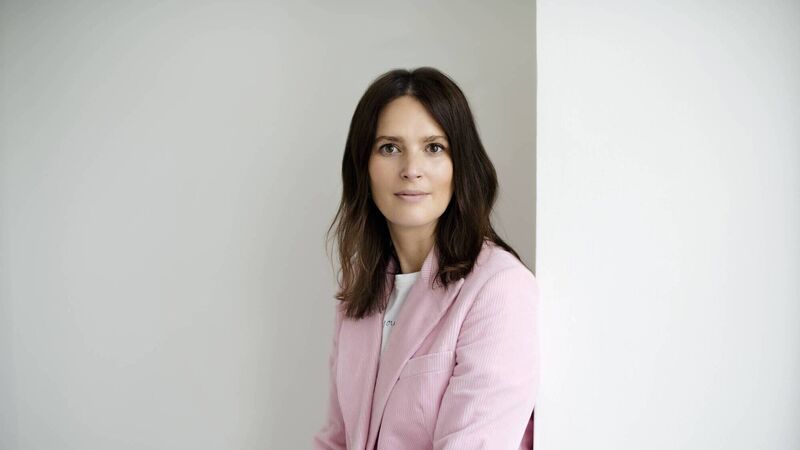Elizabeth Day: I hadn't ever seen my experience of fertility reflected in fiction

Elizabeth Day
Interviewing a professional interviewer is never easy. As well as being a best-selling author, Elizabeth Day is the host of the phenomenally successful How to Fail podcast and week in, week out, asks some of the most well-known authors, actors, presenters and personalities in the world to discuss the failures that made them who they are.
I’m a fan, both of her podcast and her books — there have been two works of non-fiction and this week Magpie, her fifth novel was released — but instead of discussing her new launch we’re deep into a conversation about our shared fertility experiences.




